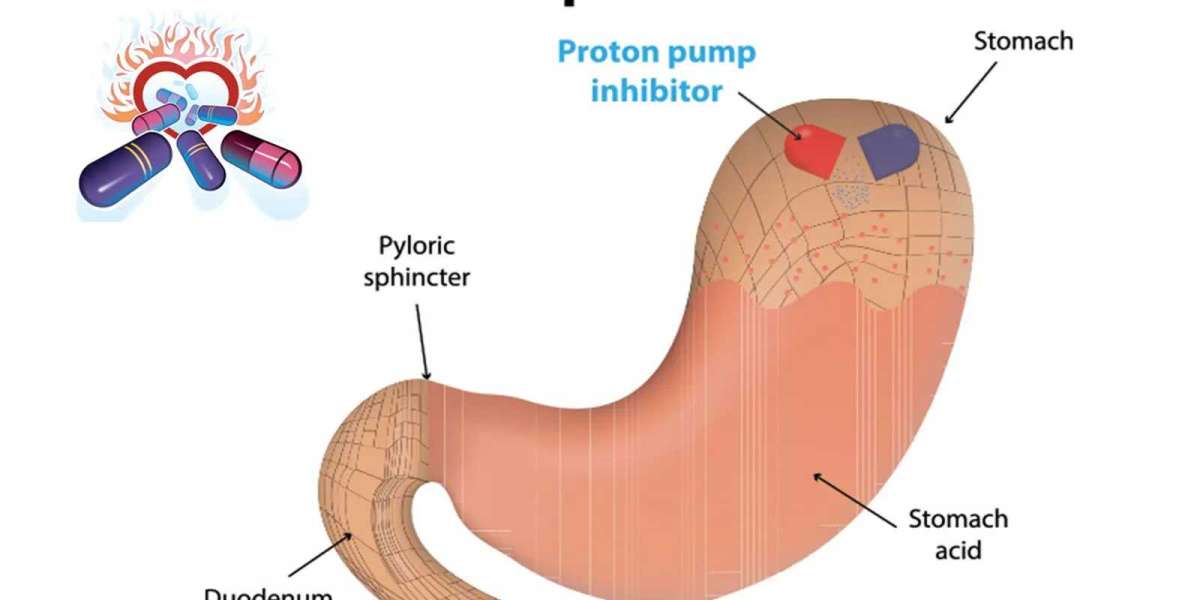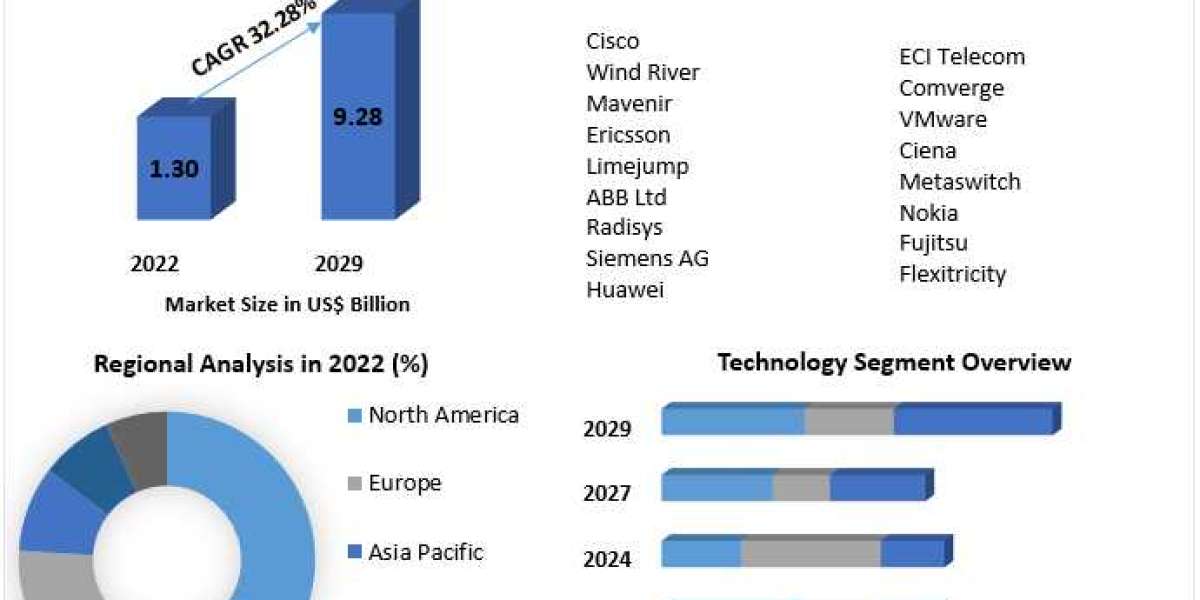The Proton Pump Inhibitor (PPI) Market: Trends and Considerations in 2024
The global proton pump inhibitor (PPI) market is experiencing steady growth, driven by the rising prevalence of gastrointestinal conditions like heartburn and acid reflux. PPIs work by reducing stomach acid production, providing relief from these uncomfortable symptoms.
Market Growth and Factors: The Proton Pump Inhibitors Market Size was valued at USD 3.1 Billion in 2022. The Proton Pump Inhibitors industry is projected to grow from USD 3.27 Billion in 2023 to USD 16.8 Billion by 2032, exhibiting a compound annual growth rate (CAGR) of 5.50% during the forecast period (2023 - 2032). This growth is attributed to several factors, including:
- Aging Population: As the population ages, the risk of acid reflux and GERD (Gastroesophageal Reflux Disease) increases.
- Lifestyle Choices: Factors like diet, stress, and obesity can contribute to heartburn, leading to increased PPI use.
- Direct-to-Consumer Marketing: Increased awareness through marketing campaigns drives demand for PPIs.
Understanding PPI Options: With numerous PPIs available, choosing the right one can be confusing. For GERD treatment, popular options include omeprazole, esomeprazole, lansoprazole, and pantoprazole. Consulting a doctor is crucial to determine the best PPI for your individual needs and severity of symptoms.
Emerging Concerns: While PPIs offer effective relief, recent research has highlighted some potential drawbacks.
- PPI-Induced Nutrient Deficiencies: Long-term PPI use may interfere with the absorption of essential nutrients like vitamin B12 and calcium. This can increase the risk of deficiencies, particularly in older adults.
The Use of Proton Pump Inhibitors (PPIs)
Proton pump inhibitors (PPIs) are widely used medications for treating heartburn and acid reflux. However, with their increasing popularity, it's important to understand their potential downsides and navigate their use effectively.
PPI-Induced Nutrient Deficiencies: Recent research suggests a potential link between long-term PPI use and nutrient deficiencies. PPIs work by suppressing stomach acid, which plays a role in nutrient absorption. This can lead to deficiencies in:
- Vitamin B12: This vitamin is crucial for nerve function and red blood cell formation. Deficiency can cause fatigue, weakness, and even neurological problems.
- Calcium: Calcium is essential for bone health. Deficiency can increase the risk of osteoporosis and fractures.
Minimizing Risks: If you're taking PPIs long-term, it's important to be aware of these potential deficiencies. Here's how to minimize risks:
- Talk to your doctor: Discuss your individual risk factors and the duration of PPI therapy.
- Dietary adjustments: Include foods rich in vitamin B12 and calcium in your diet.
- Supplements: Consider taking vitamin B12 and calcium supplements as recommended by your doctor.
Exploring Alternatives: While PPIs offer relief, addressing the root cause of heartburn is crucial. Here are some alternative approaches to consider with your doctor:
- Lifestyle modifications: Managing stress, losing weight, and avoiding trigger foods can significantly improve symptoms.
- H2 blockers: These medications provide a milder approach to reducing stomach acid.
Top Players and Innovation: The PPI market is dominated by established pharmaceutical companies. Here's a glimpse into some recent developments and investments by key players:
- AstraZeneca: A major player in the PPI market with their blockbuster drug Nexium (esomeprazole), AstraZeneca is focusing on patient education and adherence programs to optimize PPI use.
- Pfizer Inc.: Pfizer co-markets another leading PPI, Protonix (pantoprazole), with Dr. Reddy's Laboratories. Their research is exploring potential new applications for PPIs beyond heartburn, such as treating peptic ulcers caused by H. pylori infection.
- Takeda Pharmaceuticals: Takeda is a prominent player in the Asian PPI market. They recently announced a strategic partnership with a digital health company to develop a mobile app for tracking PPI usage and managing heartburn symptoms.
Emerging Players and Generics: The PPI market is also witnessing growth in the generic segment. Companies like Dr. Reddy's Laboratories, Cipla Limited, and Cadila Pharmaceuticals are making PPIs more affordable, increasing accessibility in developing countries.
The Future of PPIs: While PPIs remain a mainstay in heartburn treatment, the focus is shifting towards a more holistic approach. Research into alternative therapies, combination treatments with probiotics, and the development of next-generation PPIs with fewer side effects are ongoing areas of exploration.
Recent Developments in PPIs: The PPI landscape is evolving. Here's a quick update on some trends:
- Focus on Short-Term Use: Guidelines are advocating for shorter PPI treatment durations and exploring alternative therapies for long-term management.
- Investigating New Formulations: Research is underway for developing PPIs with targeted release mechanisms to minimize side effects.
The Takeaway: PPIs are valuable medications for managing heartburn. However, responsible use and awareness of potential side effects are essential. By working with your doctor, you can navigate PPI use effectively and explore alternative approaches to achieve long-term relief.
For more information visit at MarketResearchFuture
Other Trending Reports



